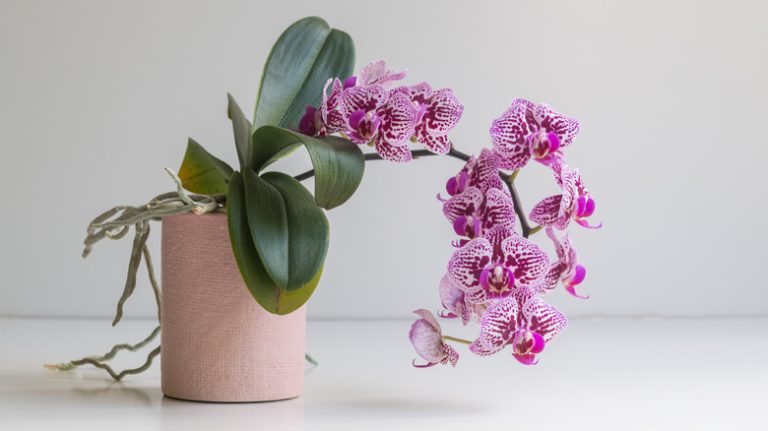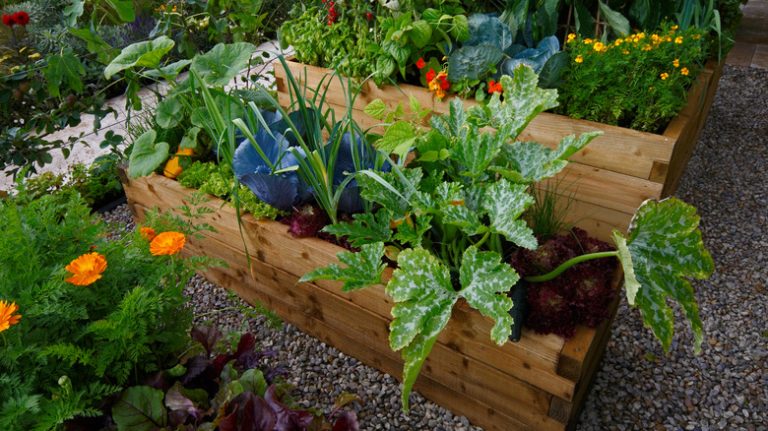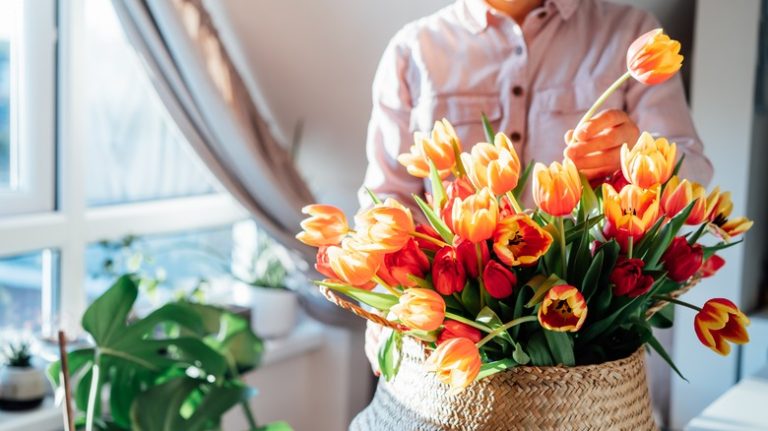Delphiniums are beautiful flowering plants that are commonly found in cottage-style gardens. They are perennial plants that have tall, slender stems with delicate flowers blooming along them. Delphiniums come in a variety of colors, including blues, purples, pinks, and whites, making them a popular choice for adding a pop of color to any garden design.
One of the characteristics that sets delphiniums apart from other flowers is their height. They can grow up to six feet tall, making them a standout in any landscape. Delphiniums are often used as a background plant or along a border to create a dramatic visual impact. Their tall, elegant stalks and vibrant flowers add a touch of elegance to any garden design.
Gardeners who want to grow delphiniums should take special care when selecting a site for planting. Delphiniums prefer full sun and well-draining soil. They also require regular watering and benefit from soil amendments to provide optimal growing conditions. However, they are not frost-tolerant and may need protection during colder temperatures.
Delphiniums are a popular choice for flower arrangements and can be used fresh or dried. They are often used as a focal point in bouquets, thanks to their tall stature and vibrant colors. To keep delphiniums looking fresh in a vase, gardeners should cut the stems at an angle and change the water every few days. Some gardeners even use special solutions to help prolong the life of the flowers.
Despite their beauty, delphiniums are not without their issues. They are prone to powdery mildew and can be affected by nematodes. Gardeners should watch for signs of these issues and take immediate action to prevent further damage. Additionally, delphiniums can be attractive to deer, so deer-resistant measures may be necessary for those in areas where deer are a problem.
Overall, delphiniums are a stunning addition to any garden. With their beautiful flowers, tall stature, and variety of colors, they add a touch of elegance and drama to any landscape. By following a few basic tips and providing proper care, gardeners can enjoy the beauty of delphiniums for many years to come.
Background Information
Delphiniums, commonly known as Larkspur or Delphis, are a popular flowering plant in cottage-style gardens. They are well-loved for their tall spikes of colorful flowers that bloom during the summer months. Delphiniums come in a wide variety of colors, including blue, purple, pink, and white, and they add a vibrant touch to any landscape.
When properly planted and cared for, Delphiniums can grow to a height of up to six feet, with a spread of around two feet. They are best planted in well-amended organic soil, as they prefer rich and well-draining sites. It’s recommended to add compost or other organic amendments to the soil before planting to provide the necessary nutrients for optimal growth.
One interesting fact about Delphiniums is that they are poisonous. While the beautiful flowers make for a lovely addition to a vase, it’s important to handle them with care and keep them out of reach of children and pets.
Delphiniums are known for their tall spikes of double flowers, which can break or flop over if not properly supported. To prevent this, gardeners often use stakes or cages to help keep the flowers upright. Another fun tip is to plant Delphiniums in groups rather than individually, as the density can provide natural support to each other.
Delphiniums are also susceptible to a few common diseases and pests. Powdery mildew and nematodes are two problems that can affect their growth. To prevent powdery mildew, it’s a good idea to plant them in a location where they will receive morning sun and have good air circulation. To control nematodes, rotating the growing area and using organic solutions, such as marigolds or neem oil, can be effective.
In conclusion, Delphiniums are a beautiful and colorful addition to any garden. They are easy to grow, but proper care and attention are necessary to ensure their blooming success. With their wide variety of colors and their tall spikes of flowers, Delphiniums are sure to make a stunning statement in your garden or landscape.
Characteristics
The Delphinium, also known as Larkspur, is a flowering plant that belongs to the genus Delphinium. There are several types of Delphiniums, commonly grown by gardeners. They’re known for their tall spikes of bloom, which are available in a wide range of colors, including blues, purples, pinks, and whites. These colorful flowers make them a gorgeous addition to any garden, providing a beautiful background or standing tall in the front.
Delphiniums are perennials, meaning they come back year after year. They grow best in zones 3-7, but can be grown in other zones as well with the right care. They’re typically planted in full sun or partial shade and require a fertile, well-drained soil. The plants need regular watering to keep them healthy, but overwatering can cause issues, such as root rot. It’s important to provide them with a good fertilizer to help them thrive.
One of the interesting characteristics of Delphiniums is their deer-resistant nature. They’re often avoided by deer due to their toxins, making them a great choice for gardens in deer-populated areas. However, they can still attract other pests, such as aphids or slugs, so it’s important to keep an eye out for any signs and take appropriate measures to control them.
The Delphinium blooms in the summer months, typically from June to August, depending on the variety. The flowers are arranged in dense spikes that can reach heights of up to 6 feet. Their foliage is deeply lobed and adds a unique texture to the garden. The tall spikes can be used in floral arrangements or dried for long-lasting beauty.
Propagation of Delphiniums can be done through seeds or division. They’re known to self-seed, meaning new plants may appear in the garden without any help. However, dividing and replanting the plants every few years can help maintain their vigor and ensure healthy growth. It’s also advisable to provide some support, such as stakes or cages, as they have a tendency to lean or flop over.
Along with the commonly grown Delphinium elatum, there are other species and varieties within the genus that offer alternatives for gardeners. Some popular choices include Delphinium grandiflorum (Chinese Delphinium) and Delphinium belladonna (Belladonna Delphinium). Each has its own unique characteristics and requirements to consider when designing a garden.
In conclusion, Delphiniums are beautiful flowering plants that add color and charm to any garden. With their tall spikes of blooms and interesting foliage, they’re sure to catch the eye. While they require some special care, such as providing support and avoiding overwatering, the rewards are well worth it. Consider adding Delphiniums to your garden for years of gorgeous blooms and the joy of watching them grow.
Interesting Facts
Delphiniums, also known as larkspurs, are interesting flowering plants from the Delphinium genus. Here are some fascinating facts about them:
- Delphiniums are especially popular for their tall spikes of colorful flowers, which can add a lively touch to any garden.
- They can grow up to a height of 6 to 8 feet and spread across 2 to 3 feet, making them quite impressive in size.
- These plants are perennials, meaning they will continue to bloom year after year.
- Delphiniums come in different types and hybrids, with each having its own unique characteristics and flower colors.
- They prefer to be planted in well-drained soil and require regular watering.
- Delphiniums are also heavy feeders and benefit from regular fertilizing to encourage healthy growth and vibrant flowers.
- They are susceptible to diseases such as powdery mildew and black spot, so proper care and prevention are necessary to keep them healthy.
- Delphiniums are known for their toxic properties, so it is important to keep them away from children and pets.
- They are commonly used in cut flower arrangements due to their tall and showy spikes.
- Delphiniums bloom best in cooler temperatures, making them ideal for spring and early summer gardens.
- They are attractive to pollinators such as bees and butterflies, which helps in maintaining a healthy garden ecosystem.
- Delphiniums can be grown in various zones, but they thrive best in regions with mild summers and cool winters.
- For those who prefer organic gardening, delphiniums can be grown using organic fertilizers and pest control methods.
- Some popular alternatives to delphiniums include cyclamen, which is known for its colorful flowers and low height spread.
- Delphiniums belong to the Buttercup family and are native to North America, Europe, and Asia.
These interesting facts about delphiniums provide a background of information on these unique plants. Whether it’s their tall spikes of flowering beauty or their special care requirements, delphiniums are sure to add a touch of color and charm to any garden.
Delphinium
Delphiniums, also known as larkspurs, are gorgeous flowering plants that come in a variety of colors, including purples, blues, pinks, and whites. They are a favorite among gardeners, thanks to their tall, elegant spikes of flowers that add vertical interest to any garden. Delphiniums can be planted in cottage-style gardens, formal borders, or mixed borders, and they make excellent cut flowers.
One interesting characteristic of delphiniums is their poisonous nature. All parts of the plant, especially the flowers and seeds, contain toxic alkaloids. These toxins can cause digestive upset, nervous system issues, and even death if ingested. Therefore, it is important to handle delphiniums with care and keep them out of reach of children and pets.
When it comes to growing delphiniums, they prefer a sunny spot in the garden with well-drained soil. They don’t tolerate poor drainage or excessive moisture, so be sure to plant them in a spot where water doesn’t pool. Delphiniums also need regular watering, especially during dry periods, to keep their soil moist. It’s a good idea to mulch around the base of the plants to help retain moisture and suppress weeds.
Delphiniums are heavy feeders and benefit from regular fertilization. Use a balanced fertilizer formulated for flowering plants and apply according to the package instructions. Providing proper nutrition will help the plants produce more flowers and maintain healthy foliage.
As per their exposure to the weather, delphiniums can grow well in both cooler and warmer temperatures. However, they may require some protection from strong winds to prevent the tall spikes from snapping. Planting them in a sheltered location or providing support like stakes can help keep them upright.
There are several types of delphiniums available, including single and double flower types, as well as hybrids. Some popular varieties include the Blue Butterfly delphinium, the Magic Fountain series, and the Pacific Giants series. Each type has its own characteristics, such as flower color, height, and blooming time, so be sure to choose the ones that best suit your garden’s needs.
Keeping delphiniums healthy and pest-free can be a challenge, as they are susceptible to several common pests. Aphids, slugs, and powdery mildew are some of the issues that may arise. Regular monitoring and taking appropriate action, such as using organic pest control solutions, can help prevent and manage these problems.
When arranging delphiniums in a flower vase or bouquet, it’s best to condition the stems first by cutting them at a 45-degree angle and placing them in water. Adding flower preservatives to the water can also prolong the lifespan of the cut flowers. Delphiniums can last for several years in the garden if properly cared for, but they do require division and replanting every few years to maintain their vigor.
While delphiniums are popular, if you’re looking for alternatives, other tall, colorful flowers that can provide a similar look include foxgloves, hollyhocks, and lupines. These plants offer a cottage-style charm and are great additions to any garden.
To learn more about delphiniums and get advice on growing these stunning plants, there are many online sources and gardening books available. You can also find pictures and information about the different types and hybrids to help you choose the perfect delphiniums for your garden.



